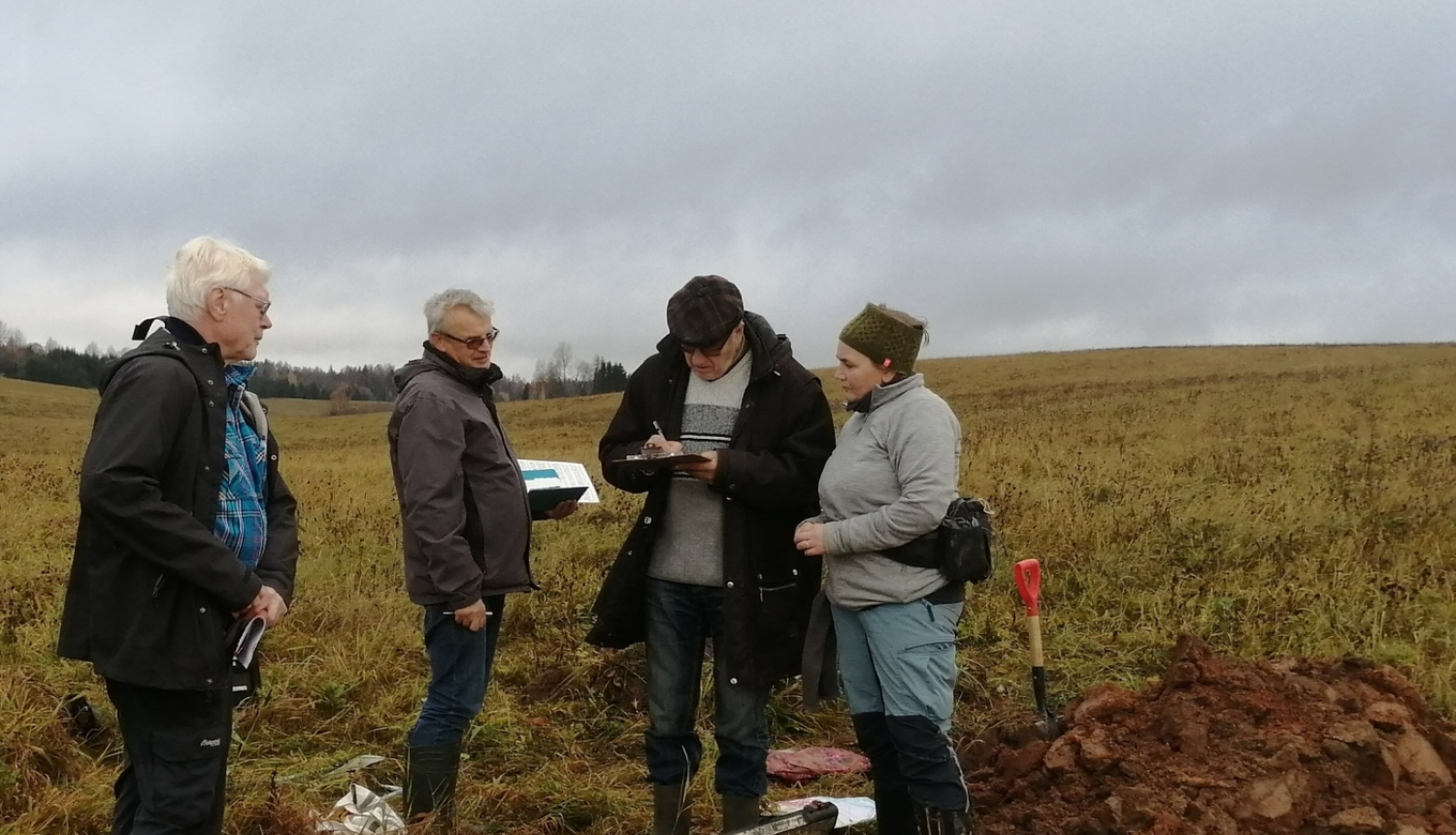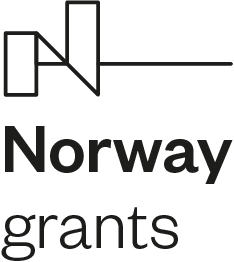The progress of the project “Enhancement of sustainable land soil resource management in agriculture” (E2SOILAGRI) is in line with the project plan, but the data must form a single framework identifying a responsible organisation that will sustain it,' it was concluded in a mid-term report by scientists at the Norwegian Institute for Bioeconomy studies (NIBIO) on the first two years of the project progress.
At the end of October, representatives of NIBIO arrived at the Norwegian State Mission in Latvia to assess the progress of the implementation of the agricultural soil exploration project of Latvia, including field work. The project is very extensive and covers various areas of agricultural soil exploration. The progress of the project is in line with the planned path, however, there are several recommendations regarding further useful and convenient use of the project results.
Norwegian experts recommend that in a longer perspective the historical database of agricultural soil information of Latvia and the digital information at the disposal of the University of Latvia be integrated into the national soil information system of Latvia. Although this is not the task of the E2SOILAGRI project, the project must prepare for this integration by developing the appropriate data documentation and format.
Changes to the soil classification system are costly, require staff retraining and can cause problems with data continuity. The necessary changes and corrections currently being made by Latvia must be carried out with great care and frequent adjustments avoided. The new choice of the national agricultural soil classification system and its alignment with the World soil classification system should be developed with a minimum ten-year perspective, NIBIO recommends. Based on the experience of the introduction of the Norwegian mapping and description system, Norwegian scientists stress that it is vital that the instructions and methodology are recognised at national level and the system should be maintained by an authorised organisation.
In order for the participants of the E2SOILAGRI project to further develop their skills in describing and mapping soil according to Latvian and the world soil classification system, practice is necessary, as well as repeated training. At the beginning of July of this year, two weeks of training in soil description and mapping were already taking place in the “Lodesmuža” of Taurene civil parish of Cesis municipality, which was acquired by ten experts from various Latvian organisations. But it is important to continue learning with practical mapping tasks, and the University of Latvia should continue to offer such courses on regular basis, while developing their content, recommends NIBIO.
Laws and regulations must provide a solid basis for the common objective. The task of the E2SOILAGRI project is to develop proposals for improvement of the laws and regulations on the agricultural soil information system of Latvia, but the development, content and details of the information system itself should be left to the responsible organisation, granting it the relevant authorisation.
The project E2SOILAGRI is currently developing a carbon monitoring database for agricultural land, which is integrated into the national information system for crop monitoring (KUVIS). NIBIO representatives also recommend that data from other parts of the project be collected so that they can be jointly managed in the KUVIS database.
In the course of the implementation of the project, it is important for both project participants and various stakeholders to contribute to the development and revision of the national soil classification system by testing and commenting on the soil classification system project, Norwegian experts advise.
This was the second NIBIO mission out of three planned visits of this nature during the project. The recommendations of the visit will be used to improve the results of the project. The project will also be concluded with an evaluation report, including recommendations for further improvement of Latvian agricultural soil information system.
Partners of the Ministry of Agriculture in implementation of the Norway Grants Climate and Environment Program 2014 – 2021 “Climate change mitigation, adaptation to them and the environment” in the pre‑defined project “Enhancement of sustainable soil resource management in agriculture" are Norwegian Institute of Bioeconomy Research, the Latvian Forest Science Institute SILAVA, the State Plant Protection Service and University of Latvia.
Working together for a green Europe!





